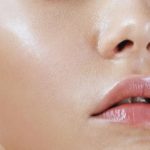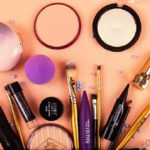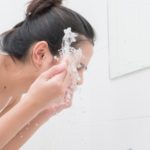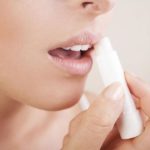When applying makeup, you need to use various products on your face such as primer, foundation, sunscreen, powder, etc. The question is, at which step should you apply sunscreen for maximum effectiveness? Should you apply it before or after primer?
According to makeup experts, you should apply sunscreen after your skincare routine (cleansing, toning, moisturizing) and before your makeup routine (primer, foundation, powder). The reason is that sunscreen needs to be applied after moisturizer to have its effect and before makeup to adhere to the skin and provide sun protection.
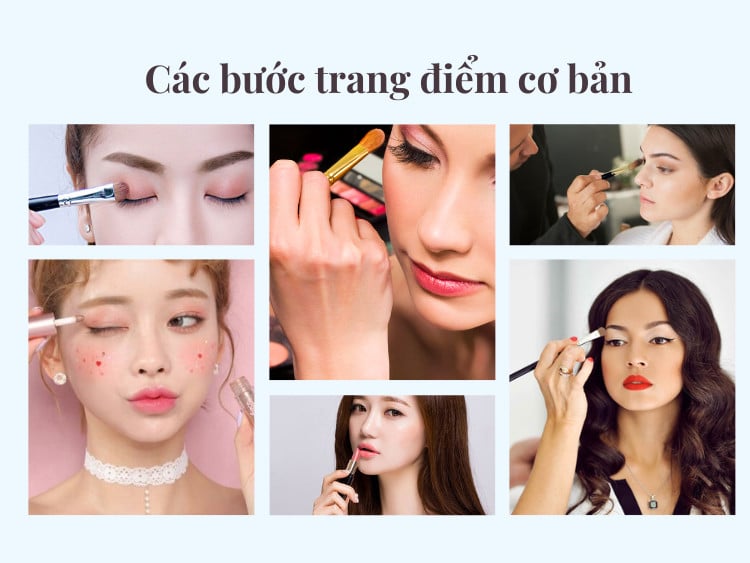
The sequence of makeup steps is: Cleanse and balance the skin, moisturize, apply sunscreen, primer, foundation, powder.
Cleanse and balance the skin
Before applying makeup or any skincare step, the first step is to cleanse the skin. Without cleansing, the subsequent skincare steps and makeup won’t be effective. After cleansing, use toner to balance the pH and ensure a protective skin barrier.
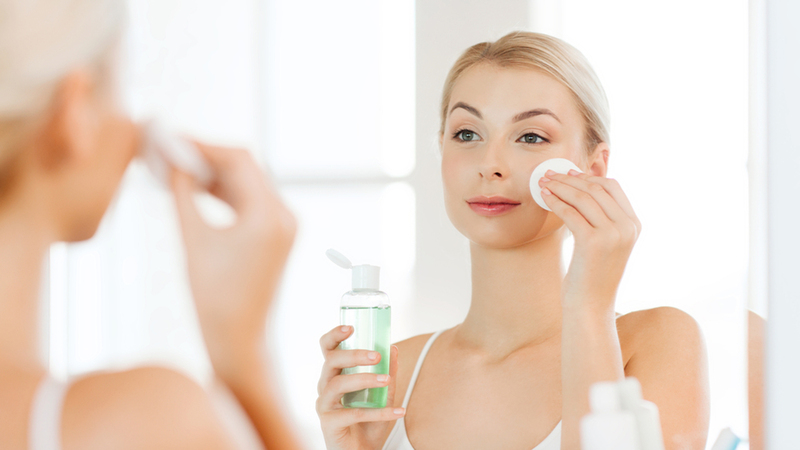
Moisturize the skin
Moisturizing is an important step to keep the skin hydrated and supple. It is also a crucial step to allow makeup to adhere to the skin without looking patchy, dry, or flaky. After toning, apply a moisturizer to allow it to penetrate the skin.
Apply sunscreen
Apply sunscreen after moisturizing, waiting for about 2-3 minutes after applying moisturizer. Apply sunscreen to the entire face, neck, and massage thoroughly. Focus on areas like the forehead, near the hairline, the cheeks, and the jawline, as these areas are more exposed to sunlight. Avoid applying sunscreen from the middle of the face, as you tend to miss the important areas.
After applying sunscreen, wait for about 5 minutes before proceeding with the next makeup steps, to allow the sunscreen to absorb into the skin and distribute evenly.
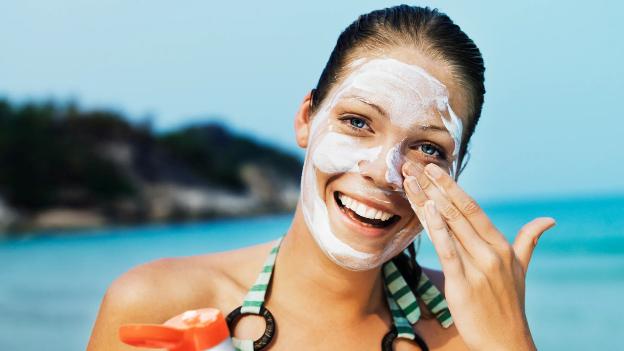
Apply primer
Some sunscreens have similar functions as primers, so you can skip the primer or use it as desired. Both skincare and protection products are applied under the makeup primer.
Apply foundation
After applying primer, apply foundation to conceal imperfections such as acne, freckles, and control oil. Foundation also creates a smoother and brighter complexion, making the skin more radiant. Choosing the right foundation shade is crucial. You should choose a shade that is one tone lighter than your skin tone, not too bright, to avoid an unnatural look. Compare the foundation shade with the color of your cheeks down to the neck area for the best match.
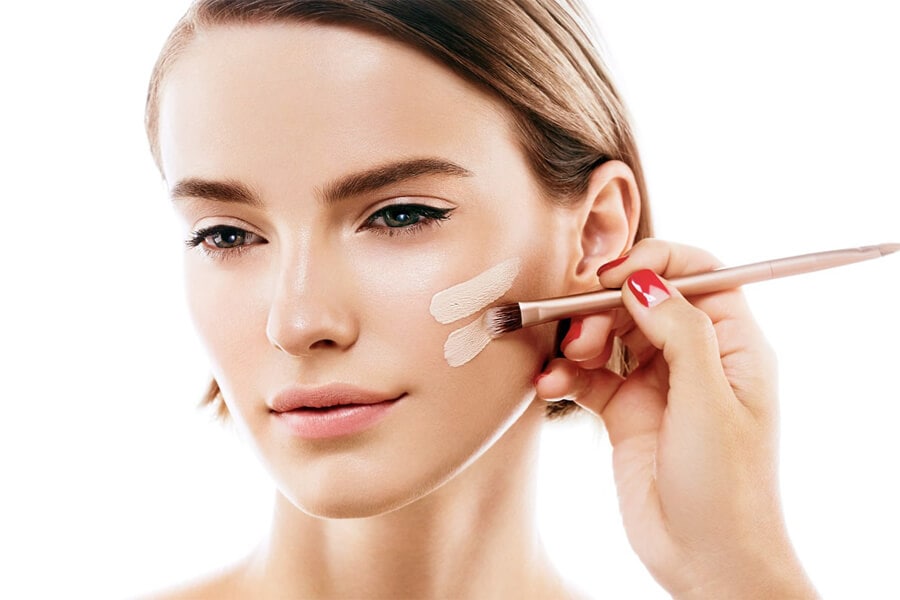
Apply concealer
If you need to achieve smoother skin and cover blemishes or other imperfections, use concealer at this step.
Apply setting powder
The final step is to apply setting powder to give the skin a matte and flawless finish. Setting powder helps to make the makeup last longer and prevents it from smudging when doing outdoor activities. It is recommended to choose a loose powder with good oil-absorbing properties for a smoother and non-greasy complexion. Additionally, you can use a makeup setting spray as the last step.
























